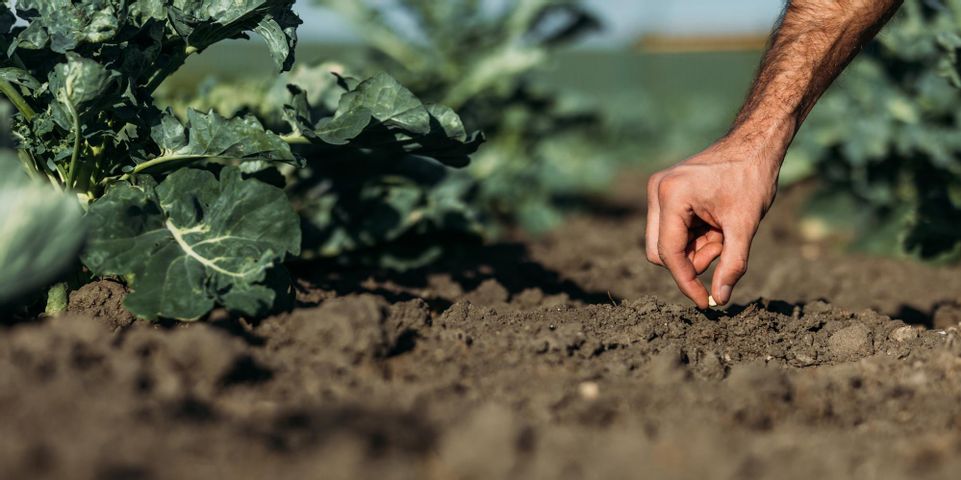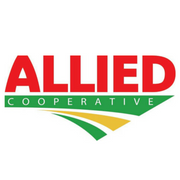3 Ways to Make Your Farm More Sustainable

Agriculture is the backbone of America, with 2.1 million farms across the US feeding around 165 people a year each. As the need for farming increases with the population boom, it’s crucial to create sustainable farms that can prosper for generations. If you are buying, building, or expanding your farm, remaining sustainable will not only help you improve your bottom line, but also work in harmony with the environment. To help you boost your yield and productivity, here are a few simple steps you can take to increase your sustainability.
Tips to Make Your Farm More Sustainable
1. Build & Maintain Healthy Soil
Crops need healthy soil to prevent disease and boost growth. You can lend Mother Nature a hand by adding in nutrients, microbial products, and microorganisms through fertilizers. These will increase crop resilience and yield, as well as decrease the need for harmful and costly pesticides in your farming strategy.
2. Test Plants for Nutrition Levels
Some of your crops will outperform others, and knowing why will help you apply your findings to other sectors. Are some crops catching diseases more frequently? Are some producing higher yields with the same amount of sunlight and water? Tissue and soil testing can help answer these questions by examining the nutrition levels in your top and lowest performers. You will get a breakdown of nutrients currently in your plants - including nitrogen, sulfur, boron, and phosphorous - and identify which require more or different compounds. This will ensure your plants and soil remain healthy and yield as much as possible.
3. Treat Your Farm as an Ecosystem
Managing farms as ecosystems, called agroecology, is a newer agronomy farming philosophy aimed at increasing long-term sustainability by incorporating ecology into farming. The general goal is to work with nature, including rainfall, livestock, and pollinators. This might mean mixing crops, animals, and non-crop plants such as trees or shrubs in your design. This diversity maximizes natural resources, replenishes the soil, and reduces chemical, irrigation, and energy waste.
To get started on building sustainable soil and a thriving ecosystem, consult the experienced team at Allied Cooperative. They have been serving the Wisconsin farming community for almost 100 years, providing everything from feed to fertilizers. Whether you need refined fuels or agronomy services like crop scouting, they’re here to help. Learn more about how they can help your farm online or call (800) 247-5679 to speak with a member of their team.
About the Business
Have a question? Ask the experts!
Send your question

